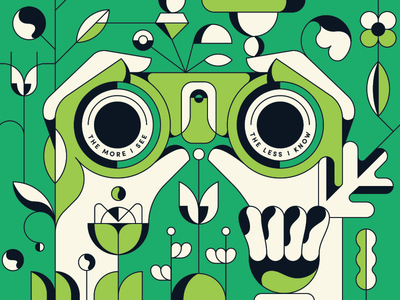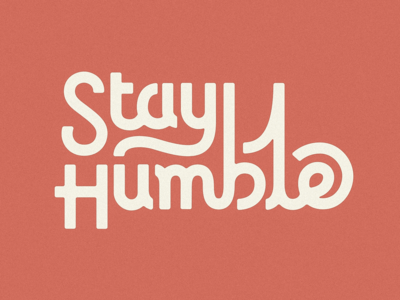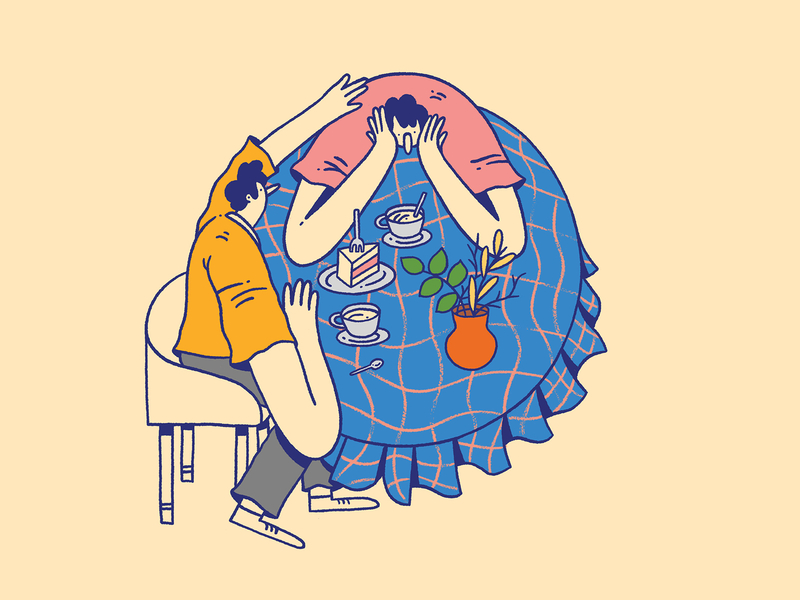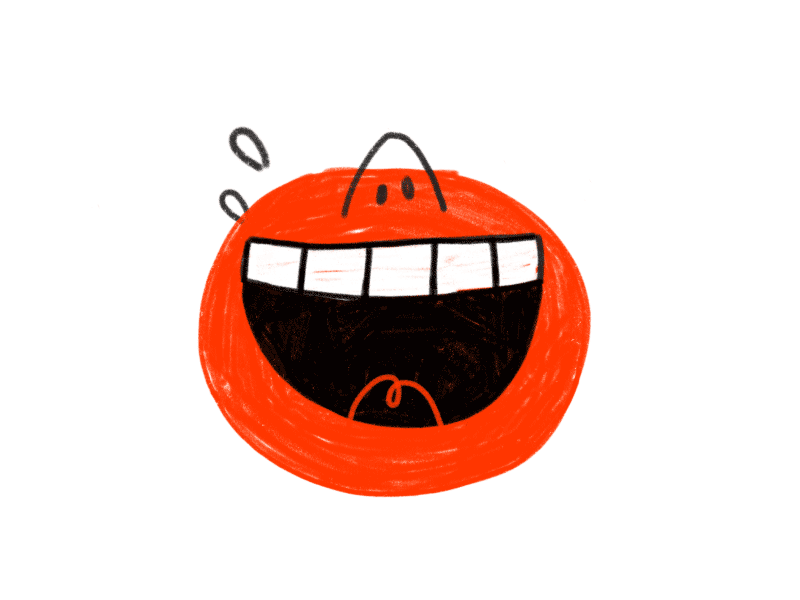In this article, Lucía Bustamante sheds light on six important soft skills to help empower your relationships and daily work as a designer.
As a designer, you’ve heard a lot about building empathy, teamwork, creative thinking, and communication. Nowadays these soft skills are paramount to a designer’s skill set. But there are a few other overlooked soft skills that are also essential for designers. Below I’ll explain what these are and provide some tips for how to develop them.
1. Curiosity: Wanting to know more
A designer that isn’t curious is a candidate for stagnation. If you’re not curious by nature, you can still develop this skill and make it intentional by applying some practices:
- Avoid routine and repetition. For example, If you normally eat lunch at the same spot, go for a walk and explore some new options.
- Seek out new opportunities and challenges to build your interests.
- Say yes to new training or learning opportunities.
- Use free tools like Bonsai to free up more time to be creative by managing all your paperwork.
- Be more open to failure: Curiosity can sometimes lead to some wrong decisions, but it’s a part of the learning process.
2. Holistic thinking: Focusing on the whole, not the parts
Learn to see the bigger picture of situations. This will help you avoid bias, understand the root cause of the problem, and make better decisions. It will also help you visualize the facts and consequences of these decisions.
- Foster a culture of continuous learning and development
- Ask more questions: Why? Why not? Where? When?
- Use imagery and mind mapping
- Don’t make assumptions
- Listen actively
3. Humility: Letting go of the ego
Being humble will help you be more ethical, accept critique more openly, and put yourself in other people’s shoes. It will also help you be more flexible when arguing with people. Humility is a must when it comes to leaders. It’s a quality that invites trust and respect while also demonstrating great strength. Some tips:
- Spend time listening to others
- Practice mindfulness and focus on the present
- Ask for help when you need it
- Practice gratitude
- Seek feedback from others on a regular basis
4. Community building: Actively supporting your peers
Engaging in your community will help you strengthen relationships and build rapport through helping and supporting one another. Community is being recognized as a vital gene within the DNA of growth-minded organizations, and with good reason. Here’s how you can start building community as a designer:
- Listen to people constantly
- Identify opportunities to create unique, valuable connections between groups of people
- Create spaces to share freely and ask questions
5. Depersonalization: Taking yourself out of the equation
While this skill is pretty similar to empathy, it’s based on using language like, “I understand” or “I know how you feel”. It’s a nice skill to have when we have a direct line of communication with customers. It’s about:
- Making people feel understood and appreciated
- Knowing when is not the right time to share your life story
6. Sense of humor: The most underestimated skill
Humor is a big benefactor of health. It boosts the immune system, lowers the blood pressure, reduces stress levels, and releases natural painkillers in the body. Now, think about those teammates who make you laugh at work, or the people who turn a dull meeting into a nice moment. Those are individuals you might naturally gravitate towards, right?
Humor can do wonders when it comes to speeches, negotiations, and conflict resolution. It can energize people, break the tension, and really help put things into perspective. Even if you’re not humorous by nature, you can still acquire the skill through observation and practice. A few tips:
- Laugh at yourself
- Stay positive and smile more often
- Know when and when not to be funny (It’s all about timing)
- Keep the audience in mind (lifestyle and social values are different)
- Don’t try to force humor
- Practice.
Remember you can help yourself a lot by using Bonsai. From proposals and contracts, tasks and project management, to invoices and taxes, their all-in-one platform is specifically designed to help freelancers manage their workload.
Thanks for reading! I hope these tips help you empower your relationships and daily work as a designer.
![]() Lucía Bustamante is a multidisciplinary designer helping tech companies launch beautiful user-centric products. She currently works for a UK startup as Product Designer.
Lucía Bustamante is a multidisciplinary designer helping tech companies launch beautiful user-centric products. She currently works for a UK startup as Product Designer.
Related Articles:
- 5 soft skills every product designer should master
- Why consistent writing makes you a better designer
- 11 tips for presenting your UI/UX designs to non‑designers
Find more Community stories on our blog Courtside. Have a suggestion? Contact stories@dribbble.com.














